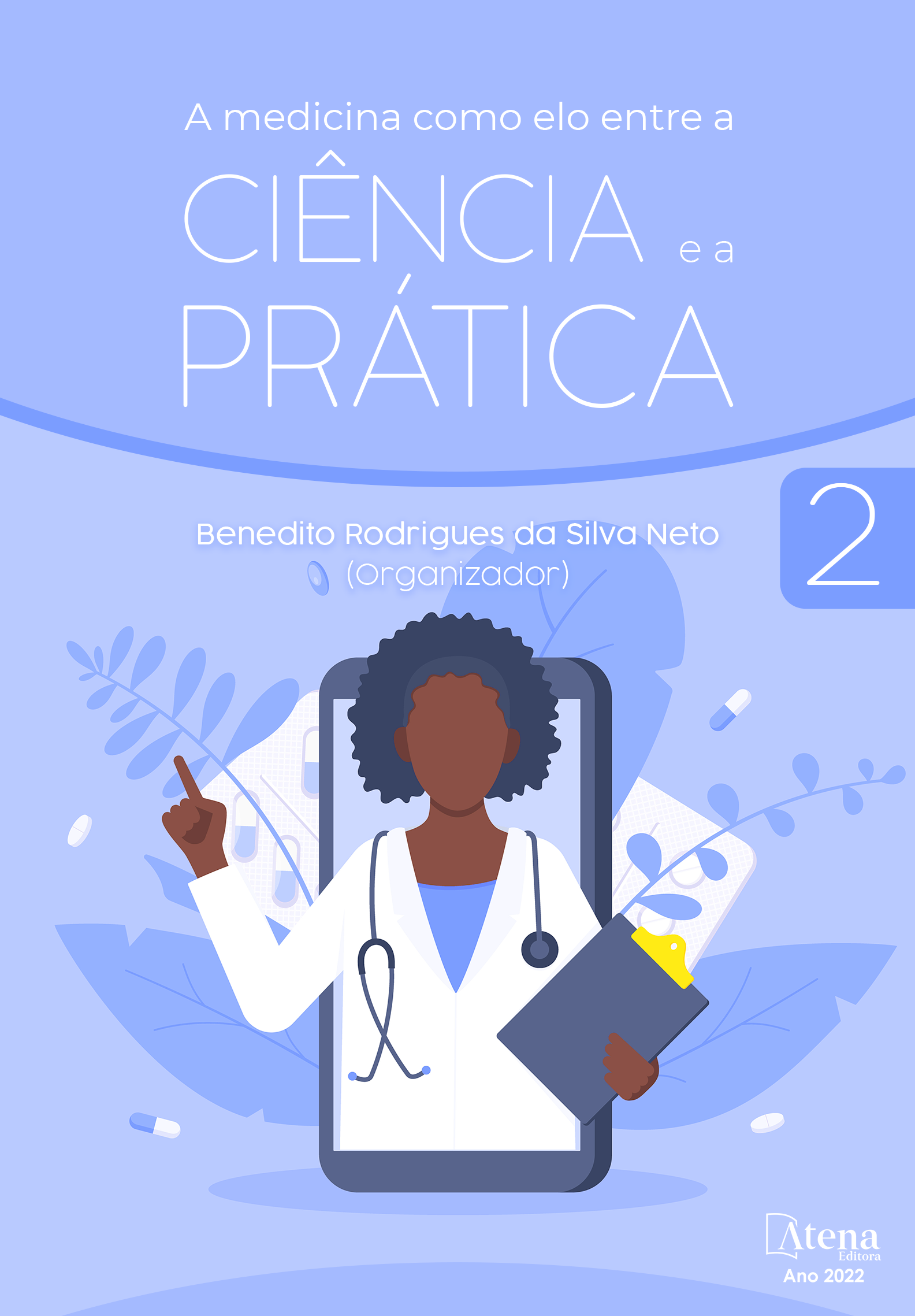
HOSPITALIZAÇÕES COMPULSÓRIAS DE GESTANTES DEPENDENTES DE SUBSTÂNCIAS PSICOATIVAS – OITO CASOS EM UM HOSPITAL GERAL COM LEITOS PSIQUIÁTRICOS NO INTERIOR DO RIO GRANDE DO SUL
O uso de substâncias psicoativas durante a gestação se mostra prejudicial ao recém-nascido e ao longo das fases seguintes de desenvolvimento humano. Tem sido comum o emprego de hospitalizações compulsórias de gestantes usuárias de substâncias psicoativas, visando proteção ao nascituro. Assim, o trabalho teve como objetivo avaliar a hospitalização compulsória como método de proteção ao nascituro em um Hospital Geral com leitos psiquiátricos em Alegrete, no interior do Rio Grande do Sul, Brasil. Trata-se de um estudo retrospectivo, cuja base populacional é de oito gestantes (dependentes de múltiplas drogas), sendo um estudo de enfoque transversal, analítico-descritivo. Foram realizadas análises de prontuários e entrevistas com profissionais do Hospital Geral em CAPS AD, que prestavam atendimento à população estudada. O período compreendido para a amostragem foi de junho de 2016 a setembro de 2018. Os dados coletados foram analisados no software Microsoft Excel. Foram revisados oito casos, que correspondem a 100% da amostra estudada. A média de idade das gestantes se apresenta em 28,375 anos. As gestantes hospitalizadas no primeiro trimestre representaram 0% da amostra (n=0), enquanto no segundo e terceiro trimestre corresponderam a 12,5% (n=1) e 7 (n=7), respectivamente. Em quatro casos (50%), os recém-nascidos foram encaminhados para acolhimento institucional logo após a alta hospitalar, e após três a seis meses da alta em três casos (37,5%) houve adoção fora do contexto familiar. Três neonatos apresentaram baixo peso ao nascer, enquanto cinco tiveram peso dentro da normalidade. Todas as gestantes tiveram recaídas em uso de substâncias psicoativas em um período de até seis meses após o parto. Embora a discussão ética e legal envolvendo a questão possa se estender, o elevado número de casos de peso baixo no nascimento, de presença de doenças sexualmente transmissíveis sem adequado tratamento e a incapacidade, da maior parte dos pais, de manter a guarda do filho, mesmo após a desintoxicação hospitalar, sugere que as hospitalizações compulsórias de gestantes dependentes de múltiplas drogas, quando em uso abusivo frequente seja instrumento legal a ser considerado no manejo destas situações.
HOSPITALIZAÇÕES COMPULSÓRIAS DE GESTANTES DEPENDENTES DE SUBSTÂNCIAS PSICOATIVAS – OITO CASOS EM UM HOSPITAL GERAL COM LEITOS PSIQUIÁTRICOS NO INTERIOR DO RIO GRANDE DO SUL
-
DOI: 10.22533/at.ed.59222240310
-
Palavras-chave: HOSPITALIZAÇÕES COMPULSÓRIAS; GESTANTES; LEITOS PSIQUIÁTRICOS
-
Keywords: Compulsory hospitalizations; pregnant women; psychiatric beds.
-
Abstract:
The use of psychoactive substances during pregnancy is harmful to the newborn and throughout the following phases of human development. The use of compulsory hospitalizations of pregnant women using psychoactive substances has been common, aiming at the protection of the unborn child. In this psychiatric unit there have been eight cases in recent years. To evaluate compulsory hospitalization as a method of protection for the unborn child in a General Hospital with psychiatric beds in Alegrete, in the interior of Rio Grande do Sul, Brazil. This is a retrospective study, whose population base is eight pregnant women (dependent on multiple drugs), and a cross-sectional, analytical-descriptive study. Medical records analysis and interviews were performed with professionals from the General Hospital in CAPS AD, who provided care to the population studied. The sampling period involved from June 2016 to September 2018. The collected data were analyzed in the Microsoft Excel software. Eight cases were reviewed, corresponding to 100% of the sample studied. The mean age of pregnant women is 28,375 years. Pregnant women hospitalized in the first trimester represented 0% of the sample (n=0), while in the second and third trimesters they corresponded to 12.5% (n=1) and 7 (n=7), respectively. In four cases (50%), the newborns were referred to institutional reception soon after hospital discharge, and after three to six months of discharge in three cases (37.5%) there was adoption outside the family context. Three neonates had low birth weight, while five had normal weight. All pregnant women relapsed using psychoactive substances in a period of up to six months after delivery. Although the ethical and legal discussion involving the issue may extend, the high number of cases of low birth weight, the presence of sexually transmitted diseases without adequate treatment and the inability of most parents to keep custody of their child, even after hospital detoxification, suggests that compulsory hospitalizations of pregnant women dependent on multiple drugs, when frequent abuse is a legal instrument to be considered in the management of these situations.
-
Número de páginas: 19
- LUCAS VINICIUS BORTOLI DEBARBA
- Wagner Luiz Engelmann


